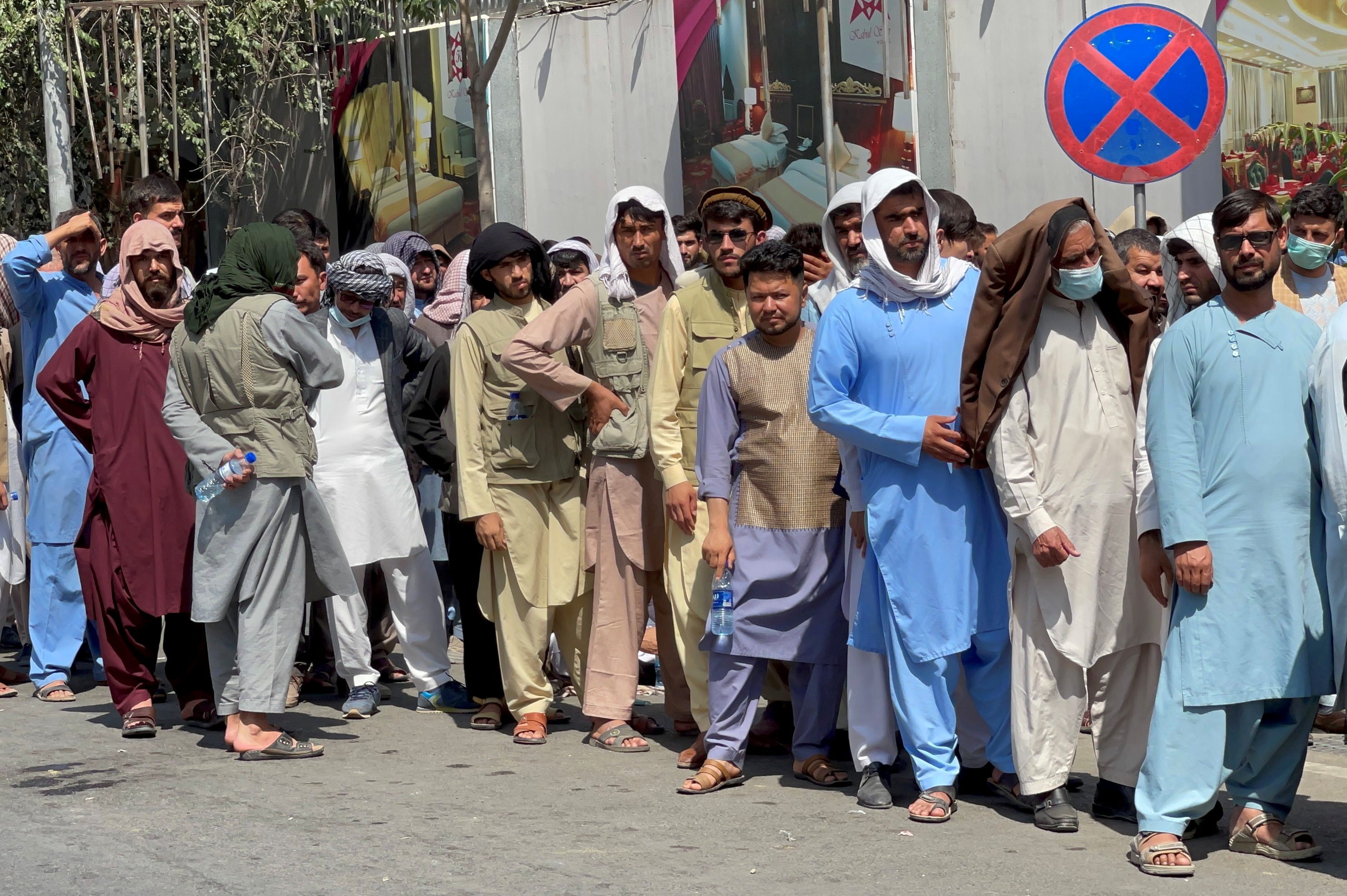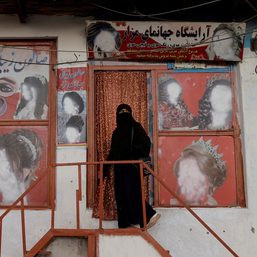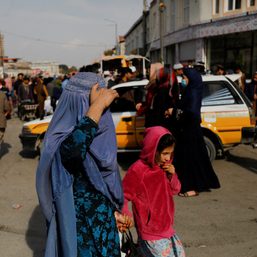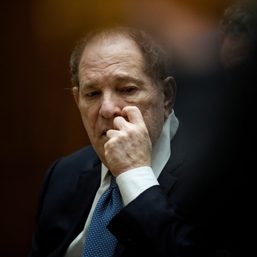SUMMARY
This is AI generated summarization, which may have errors. For context, always refer to the full article.

The Biden administration has no plans to release billions in Afghan gold, investments, and foreign currency reserves parked in the United States that it froze after the Taliban’s takeover, despite pressure from humanitarian groups and others who say the cost may be the collapse of Afghanistan’s economy.
Much of the Afghan central bank’s $10 billion in assets are parked overseas, where they are considered a key instrument for the West to pressure the Taliban to respect women’s rights and the rule of law.
Any unfreezing of these assets may be months away, financial experts said.
Officials from the US State Department, US Treasury, White House National Security Council, and other agencies have been in regular discussions about Afghanistan’s finances since the Taliban took over in mid-August, ahead of what the United Nations and others see as a looming humanitarian crisis.
Any decision to release the funds would likely involve top US officials from several departments but will ultimately be up to President Joe Biden, the experts said.
Food and fuel prices are soaring across Afghanistan, amid a shortage of cash triggered by a halt in foreign aid, a halt in dollar shipments, and a drought.
The US Treasury this week said it had granted a license authorizing the US government and its partners to continue to facilitate humanitarian aid in Afghanistan. It also gave Western Union, the world’s largest money transfer firm, and other financial institutions a green light to resume processing personal remittances to Afghanistan from migrants overseas.
The Treasury Department is not easing sanctions on the Taliban or loosening restrictions on their access to the global financial system, a spokesperson told Reuters.
“The United States government has been in touch with humanitarian partners in Afghanistan, both regarding security conditions on the ground and about their ability to continue their humanitarian work,” the spokesperson said.
“As we maintain our commitment to the Afghan people, we have not reduced sanctions pressure on Taliban leaders or the significant restrictions on their access to the international financial system.”
Shah Mehrabi, an economics professor in Maryland and longtime member of the Afghan central bank’s board, a senior Russian official and humanitarian groups are among those urging the US Treasury to also unfreeze the Afghan assets, saying that lives are at stake.
“The gravity of the situation is so immense. Every day that passes is going to result in more suffering and more exodus of people,” Mehrabi said.
The International Monetary Fund (IMF) has also blocked the Taliban from accessing some $440 million in new emergency reserves, or Special Drawing Rights (SDRs), issued by the global lender last month.
The Bank for International Settlements, which experts say also holds some $700 million of Afghanistan’s reserves, declined to comment, saying it was its policy not to “acknowledge or discuss banking relationships.”
Adnan Mazarei, former deputy director of the IMF and now a fellow at the Peterson Institute for International Economics, said the IMF could not act until its board voted, once Afghanistan had an internationally recognized government.
He said central banks typically do not touch their SDR reserves except as a last resort. Even Iran, struggling under intense international sanctions, has not used its IMF emergency reserves, he said.
Brian O’Toole, a former Treasury Department official now with the Atlantic Council, said a release of the Afghan assets would not solve Afghanistan’s considerable problems.
“Just releasing those funds doesn’t stabilize the Afghan economy, or do anything like that. What it does is give the Taliban access” to billions of dollars, he said. “I don’t think there’s gonna be a lot of appetite in the US to do that, nor should there be.” – Rappler.com
Add a comment
How does this make you feel?










There are no comments yet. Add your comment to start the conversation.